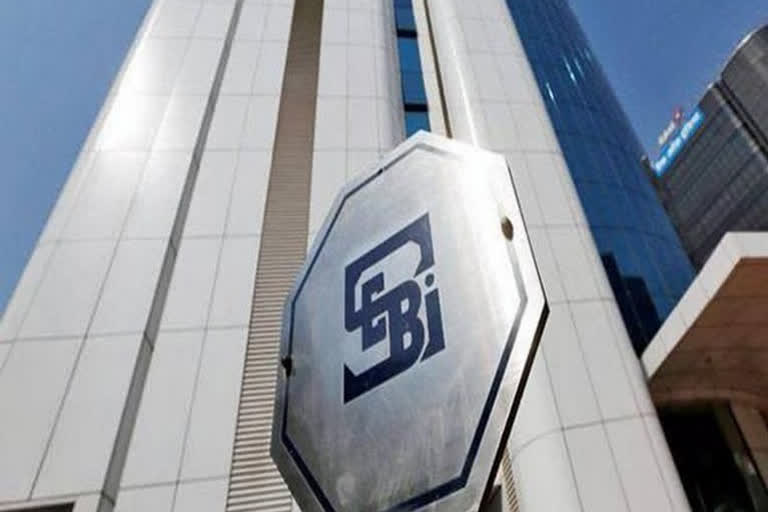New Delhi: Capital markets regulator Sebi's total income declined by 15 per cent to Rs 813 crore in 2019-20 mainly due to a drop in earnings from fees and subscriptions.
According to the annual accounts of Sebi made public on Wednesday, the total expenditure of the regulator rose to Rs 588.14 crore for the year ended on March 31, 2020, from Rs 492.34 crore in the previous fiscal. The other administrative expenses increased from Rs 131 crore to Rs 148 crore and the establishment expenses climbed from Rs 293.15 crore to Rs 375.69 crore.
The regulator's fee income declined to Rs 608.26 crore from Rs 750.14 crore while earnings from investments dropped to Rs 170.35 crore from Rs 180.66 crore. However, other income rose to Rs 18.15 crore from Rs 17.44 crore. Overall, the market watchdog's total income declined to Rs 813.04 crore in 2019-20 from Rs 963.59 crore in the preceding fiscal, indicating a decline of 15.6 per cent.
The fee income included earnings from annual fees or subscription, listing fees contribution from stock exchanges, income from registration, renewal and application. Formed by the government in 1988, the Securities and Exchange Board of India (Sebi) was given statutory powers after the passage of the Sebi Act in 1992 after the Harshad Mehta scam hit the Indian markets.
As per its preamble, Sebi is mandated to protect the interests of investors in securities as well as promote and regulate the securities markets. It regulates business in stock exchanges and other securities markets, registers and regulates various market intermediaries, including brokers, merchant bankers, registrars, portfolio managers and investment advisers, as well as foreign portfolio investors, credit rating agencies, mutual funds and venture capital funds. Besides, Sebi is mandated to check fraudulent and unfair trade practices, insider trading and other manipulative activities.
(PTI)



